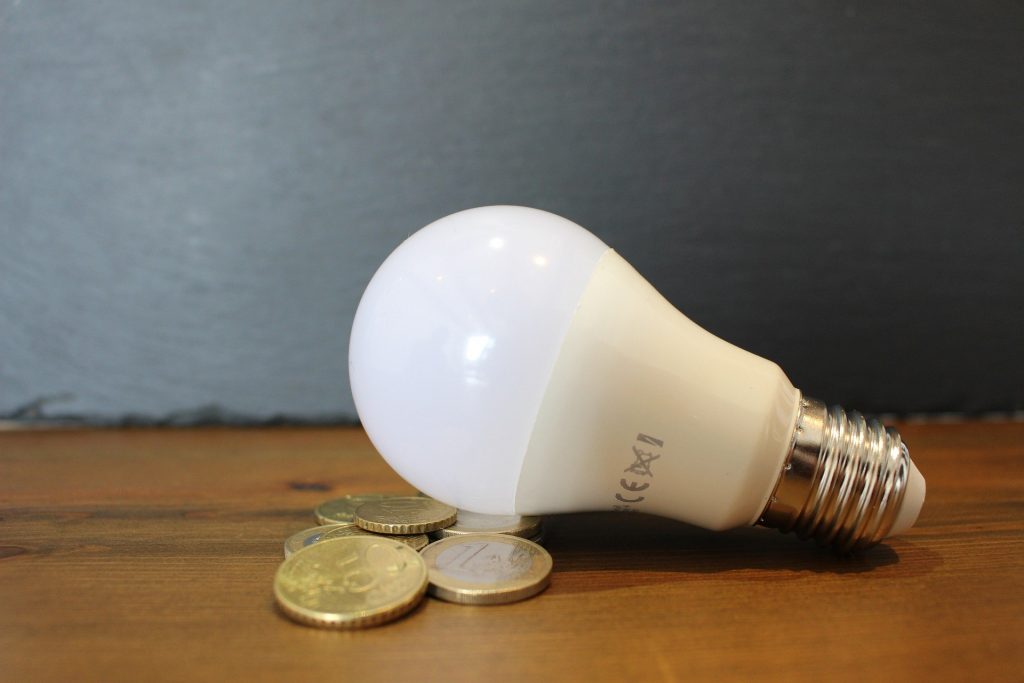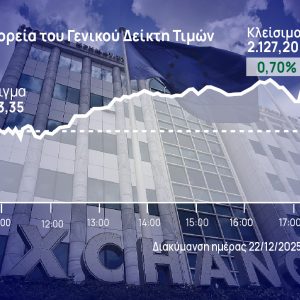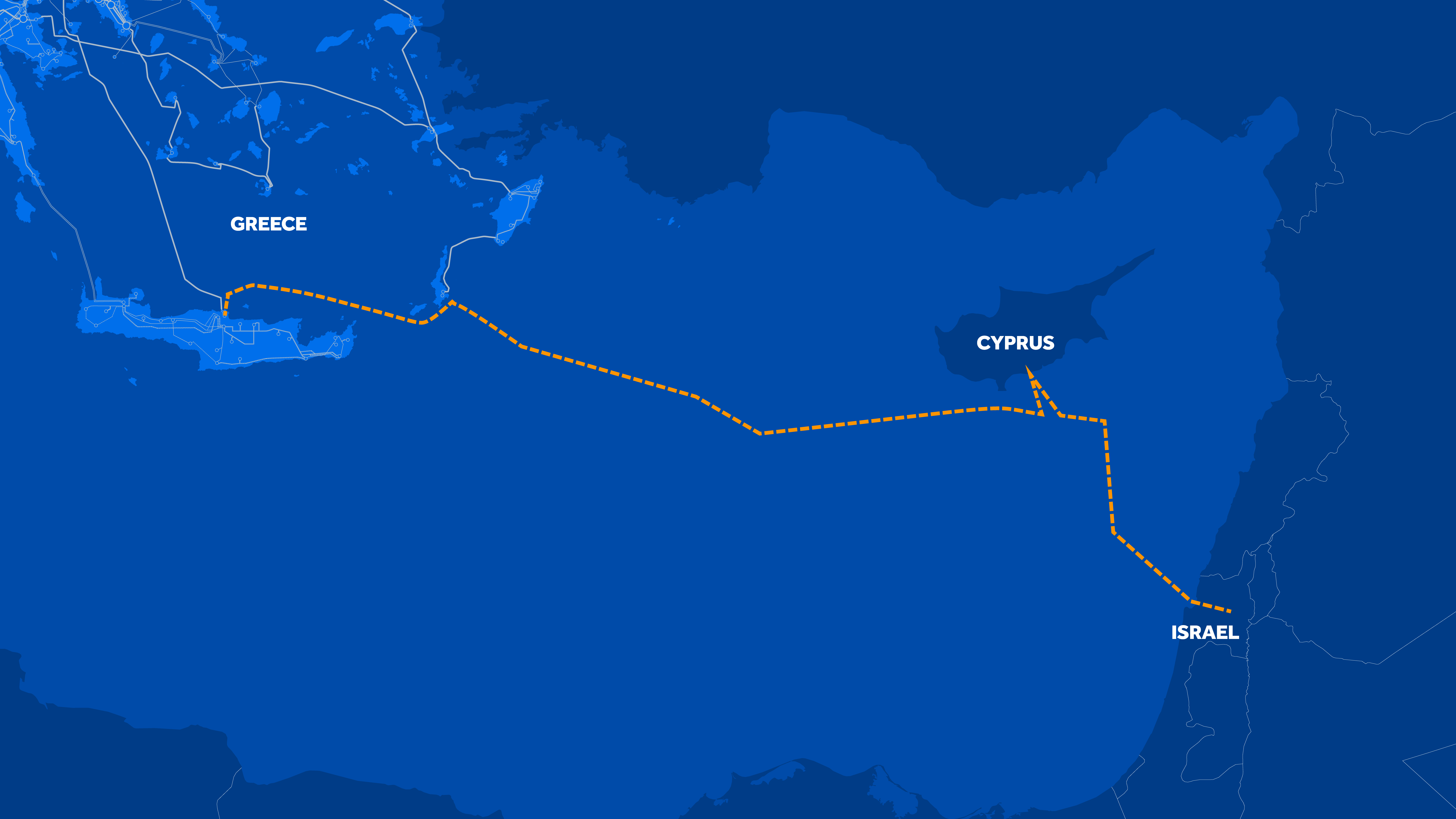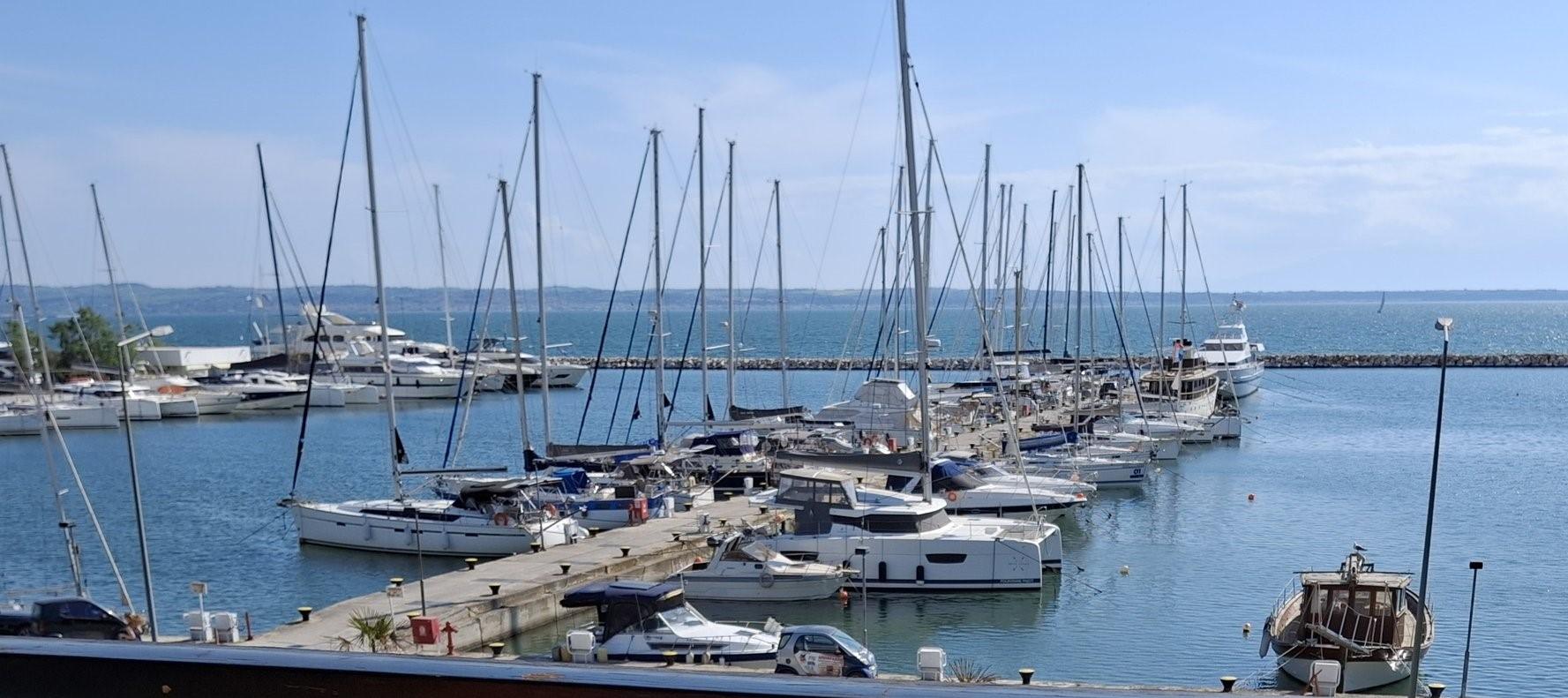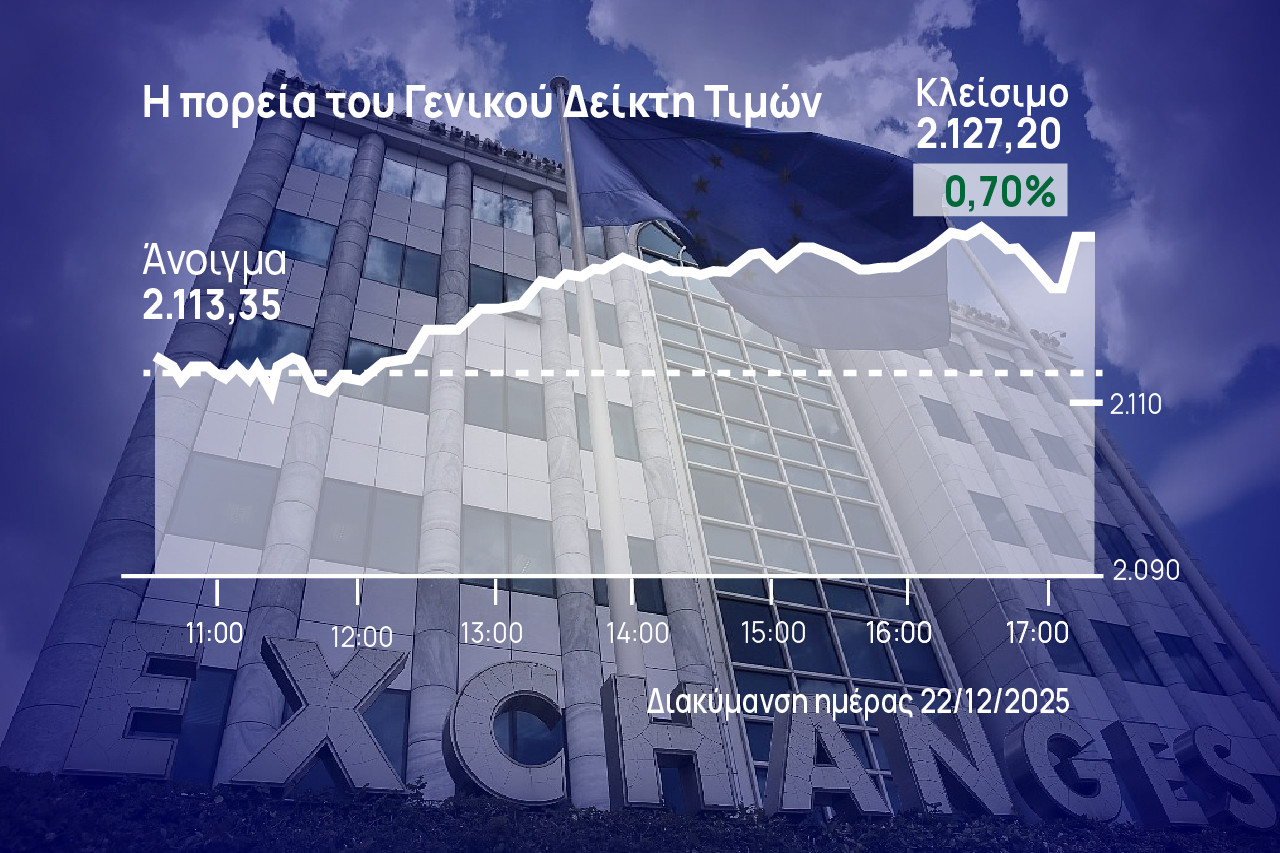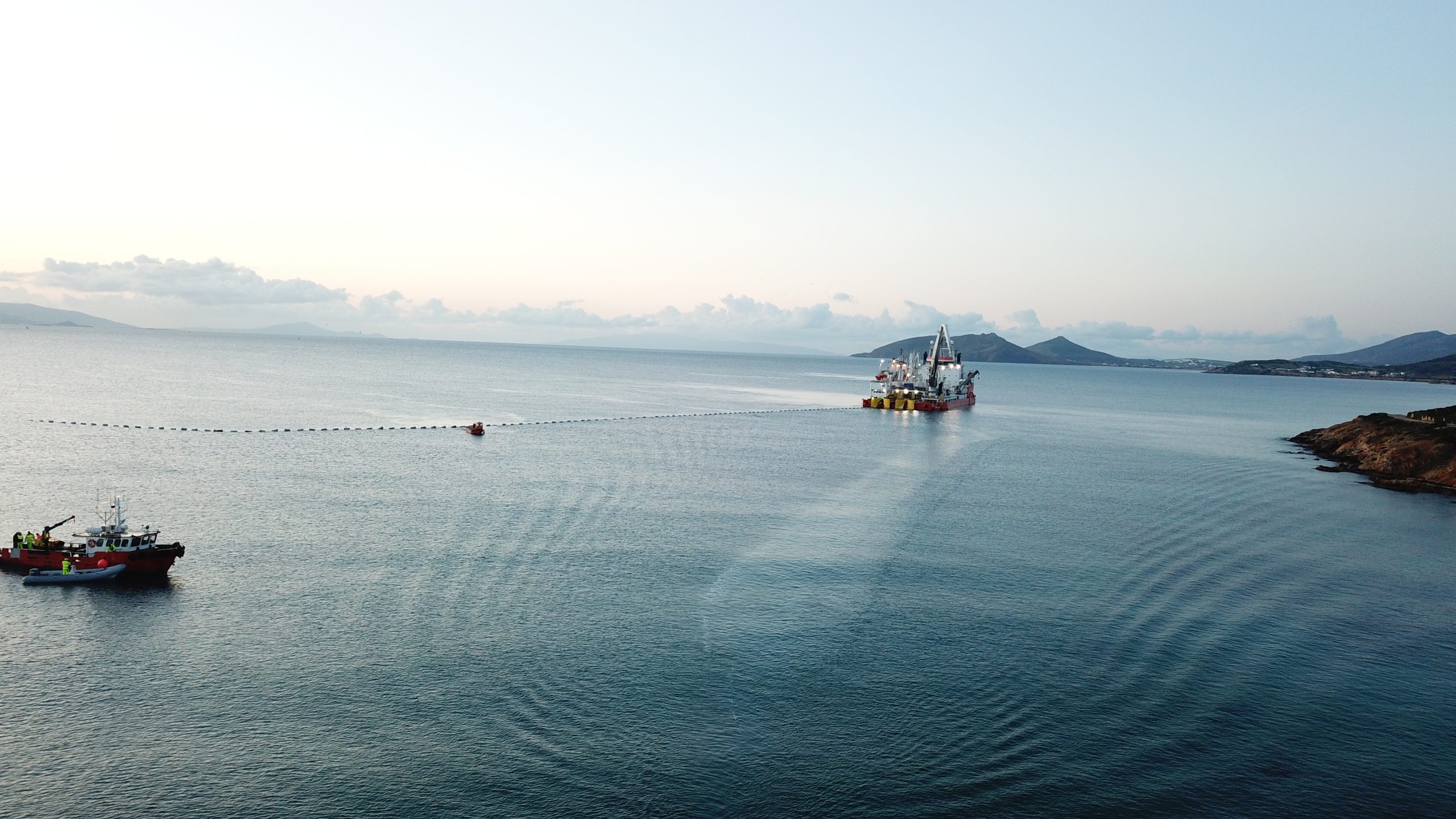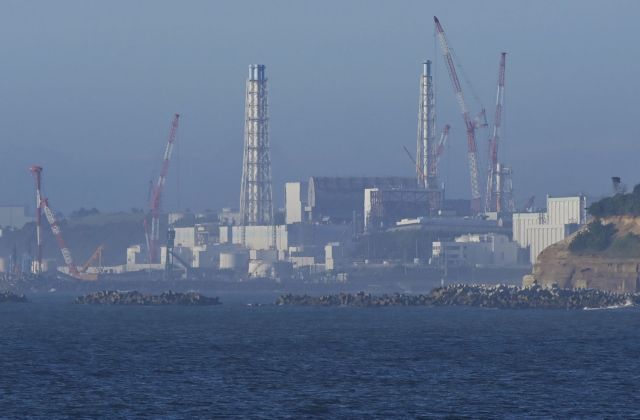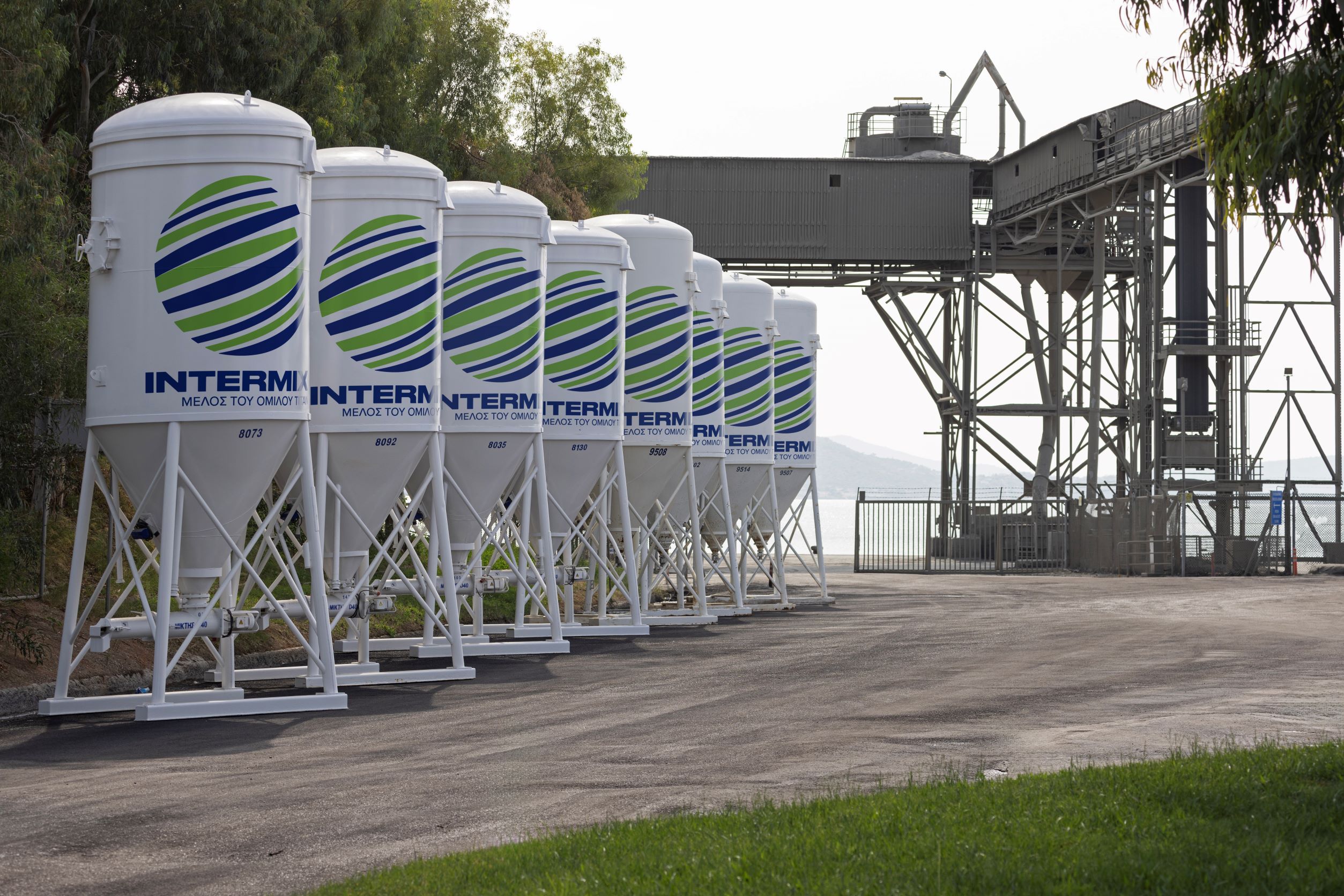According to sources, Minister Costas Skrekas, given the intervention of the European Commission for the abolition of the horizontal subsidy for household consumers, is considering two scenarios. The first concerns the subsidizing of many households with less money and the second the support of a smaller number by allocating more money from the revenues of the pollution rights.
Whatever decision is made, the sure thing is that in both cases there will be cuts: These will be the income and property criteria and the amount of monthly electricity consumption.
Without giving further details, the information is that with the first scenario, about 80% of the current beneficiaries of the grant will still get it. That is about 4.5 to 4.8 million household consumers. In the second case, the bar will be lowered to about 3.8 million consumers.
However, at the same time, the evolution of energy prices for December and the first two months of the new year is not reassuring. Yesterday, the price of natural gas on the Dutch trading platform broke every record, as it even jumped to 122 euros per MWh. Based on the futures, even in March 2022, no de-escalation is expected with the price being over 117 euros / MWh. Geopolitical developments with the Nord Stream 2 pipeline and Ukraine are fueling a further explosion in energy costs.
Wholesale electricity market prices in the EU also break down any historical precedent. According to energylive for today the average price in France exceeds 346 euros / MWh, in Italy it reaches 342 euros and in Switzerland it approaches 328 euros and so on. Greece is still the cheapest market in the EU. with the wholesale price being set at 222.75 euros / MWh. The big difference has to do with the large participation of RES and hydropower in the energy mix of electricity generation. This reaches almost 50% of the total energy mixture.
